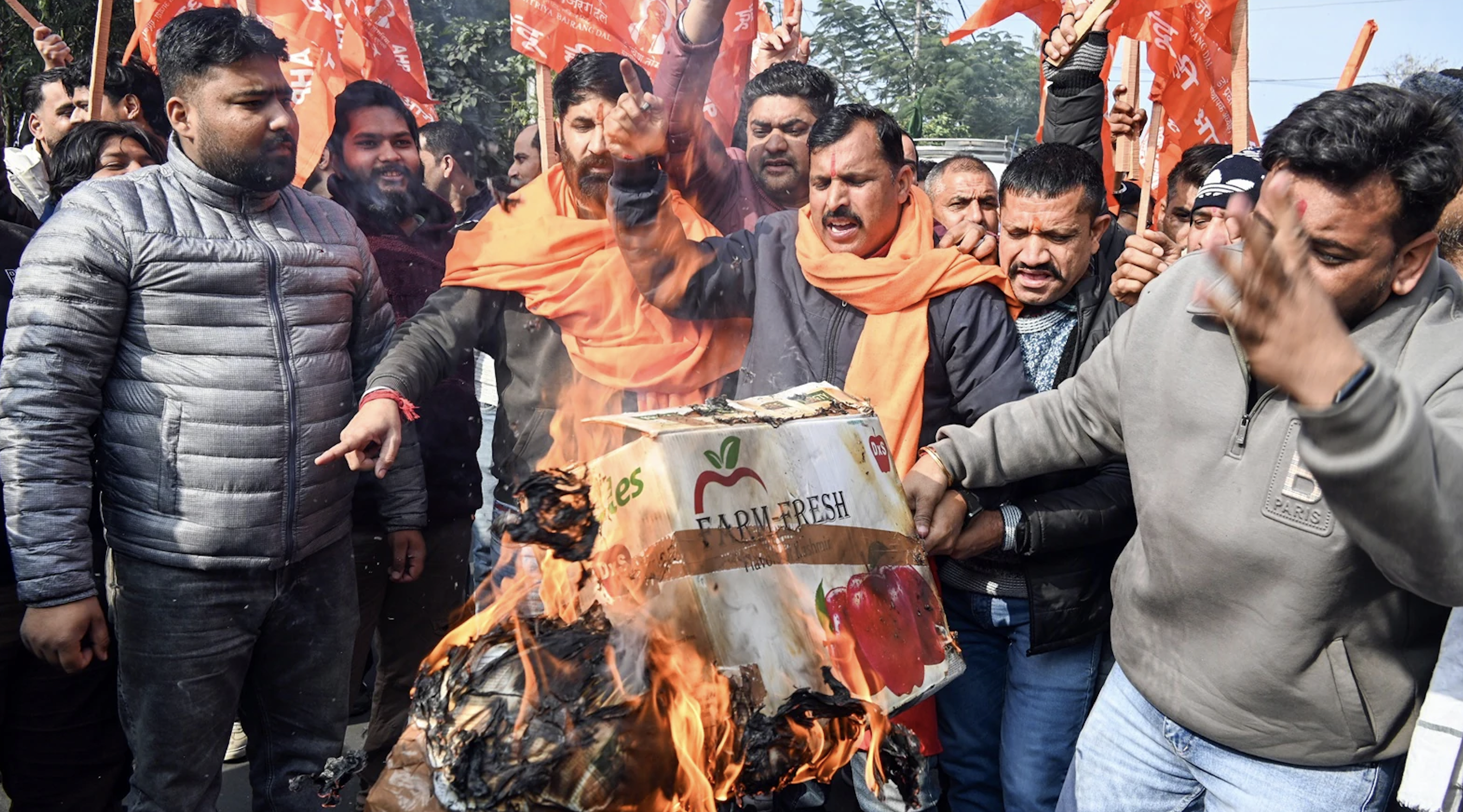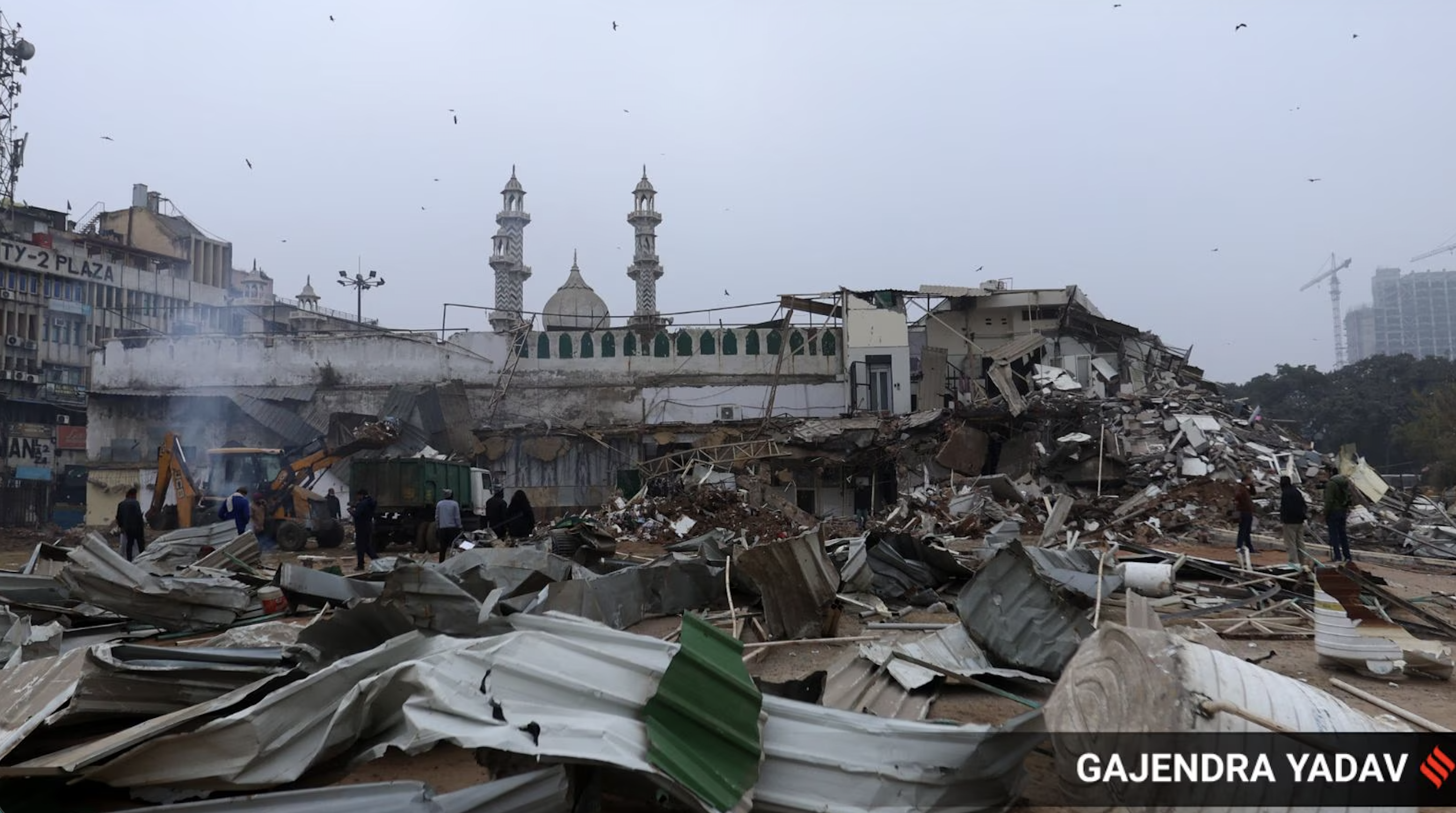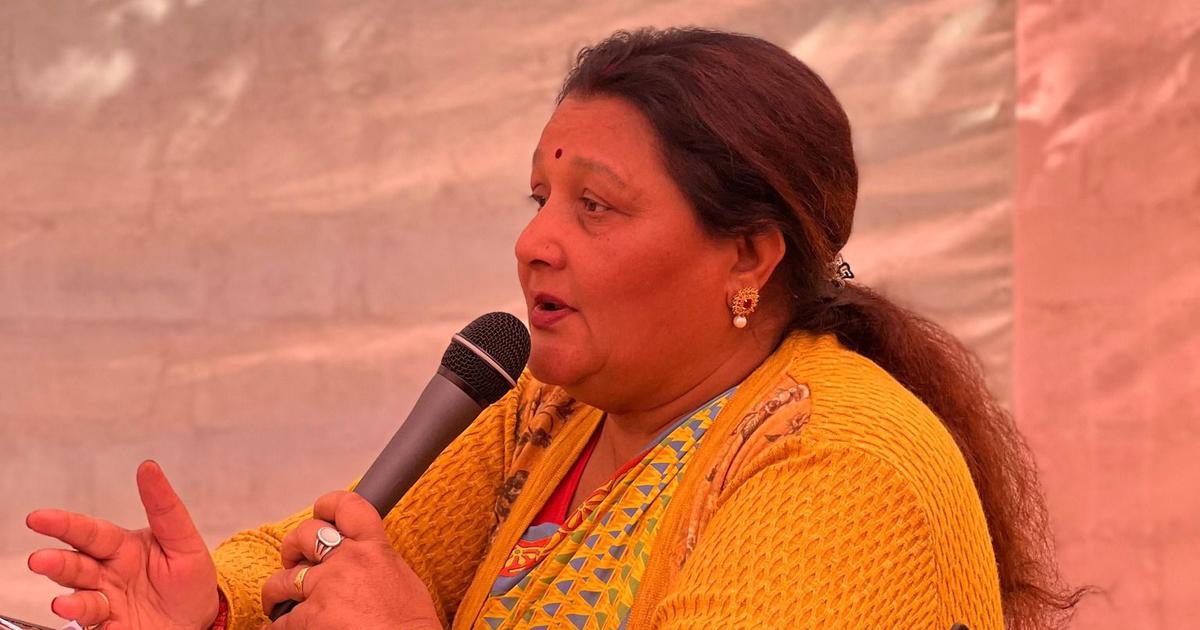A violent protest in New Delhi’s Jamia Millia Islamia University almost four years ago, on 13 December 2019, started a two-month agitation against India’s contentious new citizenship law. Eight months after a district court judge discharged students of Jamia for lack of evidence and six months after the Delhi High Court reversed the order, the trial is proceeding with one hearing a month. After reporting the infirmities earlier this year, we review why a case lacking evidence after 3.5 years of investigation is being prosecuted.
Delhi: “How did you tell the public that section 144 was in place in New Delhi?”
That’s the question a Delhi court judge asked a police witness on 18 September 2023, referring to the prohibitory order that bars more than five people from gathering in one place. “By loud hailer?” “Did you tell them yourself?” “Was there any other way?”
Inspector Upender Singh was the first witness to be summoned for an examination in the trial of the students of Jamia Millia Islamia accused of rioting and causing damage to public property on 13 December 2019, the day the first protest march from the university to Parliament against the contentious Citizenship Amendment Act, (CAA), 2019, ended in violence.
Singh’s cross-examination in a Saket court before additional sessions judge Arul Varma was deferred because not all the accused were present in court. Some had to be present across the town in a Karkardooma court before additional sessions judge Amitabh Rawat, where arguments for framing charges—the stage before the case goes to trial—was to begin in the Delhi riots conspiracy case earlier that day.
Two other police witnesses, head constable Ajay and constable Vipin, were also present in the Saket court but were discharged “due to paucity of time”. The next hearing was scheduled for more than a month later, on 21 October 2023.
Even as the trial began almost four years after a gathering of hundreds of students and residents outside Jamia descended into violence, the present pace of one hearing a month indicated how long the legal proceedings would continue taking.
Three weeks before the 18 September hearing, the three police witnesses summoned on 26 August 2023 were absent because they were on law and order duty for the G20 summit in Delhi.
To make some headway in the trial, Varma listed the next hearing for “pruning of witnesses” (80). He said the defence lawyers would admit documents, and the prosecution would drop witnesses whose documents would be admitted. The prosecution would also drop “witnesses of similar nature to the extent possible”.
This story was originally published in article-14.com. Read the full story here






